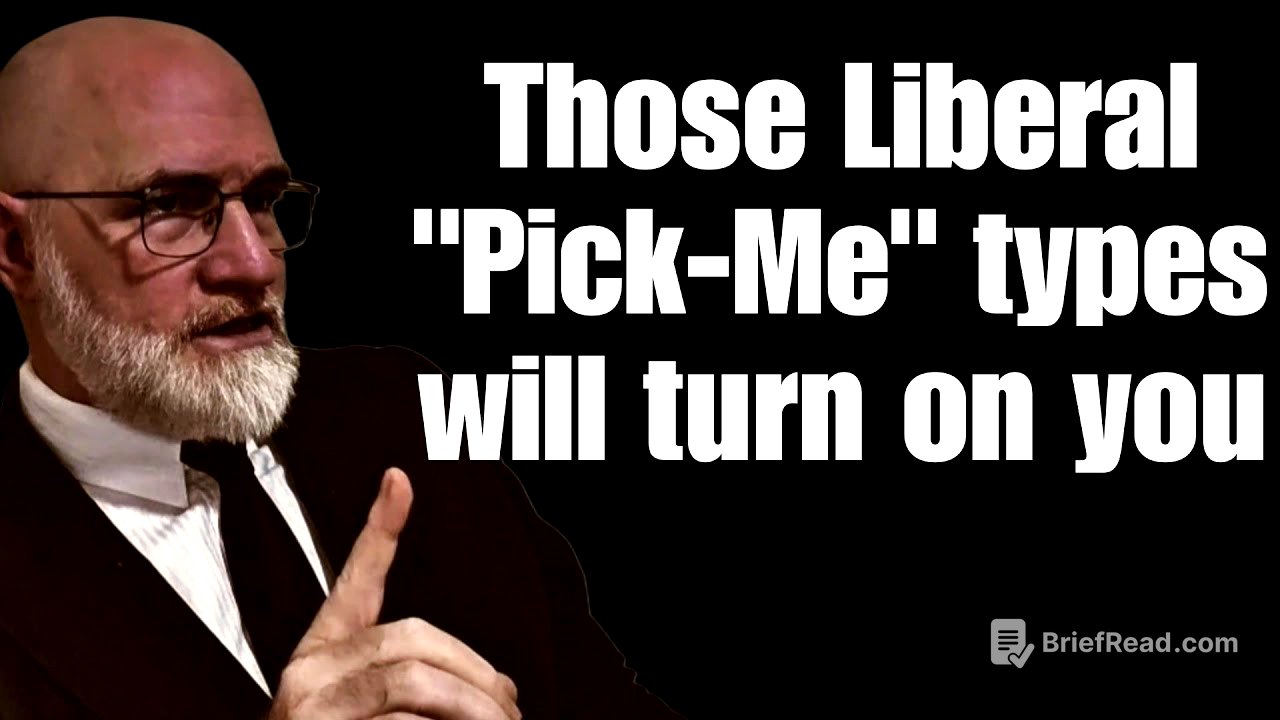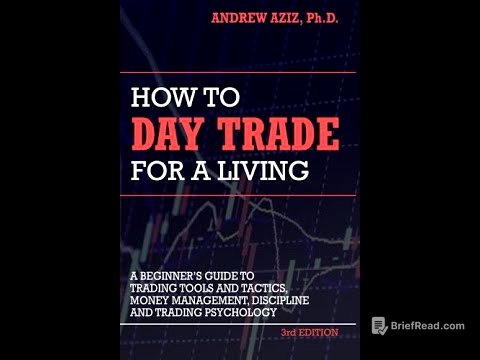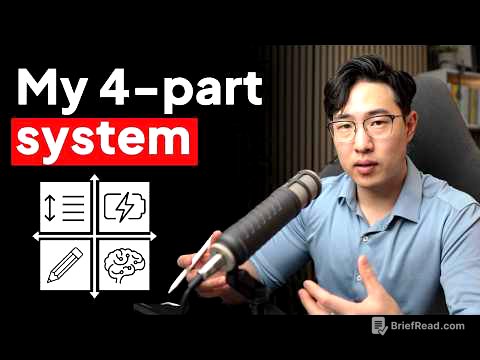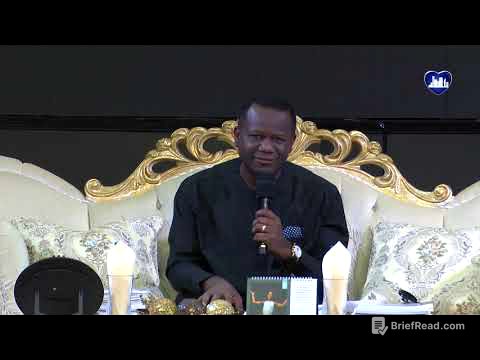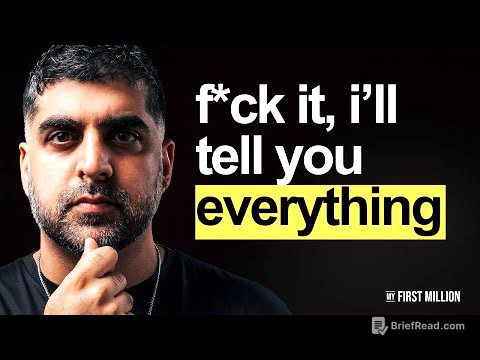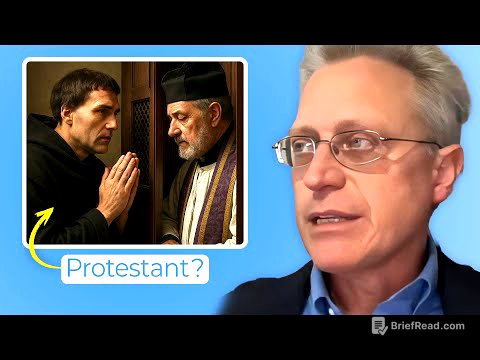TLDR;
This video discusses the dynamic between Muslims and non-Muslim liberals, particularly when Muslims criticize the West. It argues that some non-Muslims try to distance themselves from criticism by claiming they are "not like the others," which the speaker views as a tactic to get close and interfere. The speaker suggests Muslims should not expect genuine benefit from such individuals, as their motives are self-serving and they may turn against Muslims in the future. The speaker contrasts this with the perceived honesty of right-wing conservatives and advises Muslims to be cordial but not naive, recognizing that their ultimate hope is for others to embrace Islam.
- Non-Muslim liberals often try to distance themselves from criticism of the West.
- This is seen as a tactic to get close and interfere in Muslim affairs.
- Muslims should not expect genuine benefit from these individuals.
- Muslims should be cordial but not naive, recognizing their ultimate goal is conversion to Islam.
The "Pick Me" Tactic [0:00]
The speaker observes that when Muslims criticize the West, some non-Muslim liberals attempt to separate themselves from the criticized group, proclaiming, "I'm not like the others." This behavior is characterized as a "pick me" tactic, where they seek approval or acceptance by distancing themselves from their own group. The speaker questions the significance of their difference, suggesting that merely not being among the attackers doesn't equate to being aligned with the Muslim community. Instead, it positions them as bystanders who did not intervene.
Defending a Civilization [0:39]
The speaker argues that defending a civilization based on a few "good apple" exceptions is as dishonest as condemning it based on rare, negative examples. While Westerners may condemn Muslims based on the actions of a few extremists (often created by them), they try to excuse themselves using the "good apple" argument. The speaker contrasts this by stating that Muslim societies generally condemn their extremists, while Western power structures, education systems, governments, and media often promote their own forms of extremism. The speaker acknowledges that there are exceptions but warns against being drawn in by those who try to cozy up, as their actions often mirror those they claim to be different from.
Liberation Through Recognition [2:32]
The speaker asserts that recognizing the lack of genuine benefit from these individuals is liberating for Muslims. They caution that these individuals will eventually turn against Muslims and advise against being caught off guard by this inevitable betrayal. This stance is presented not as hate, but as a realistic understanding of the situation. The speaker contrasts the perceived honesty of right-wing conservatives, who openly express their Western supremacy, with the perceived dishonesty of liberals, who lie about themselves.
The Attitude of Supremacy [3:23]
The speaker notes that these individuals often get offended when Muslims try to keep them at arm's length, as they need Muslims to need them. This reveals a supremacist attitude, where they expect to be welcomed and appreciated for their presence and support. The speaker warns that their involvement only leads to confusion, division, and misdirection, as their true motive is to use Muslims as props to defend themselves and appear as "one of the good ones." The speaker advises that if they are truly good, they should remain separate, as being different from other Westerners does not make them the same as Muslims.
Frameworks and Compromise [4:20]
The speaker criticizes the gaslighting tactic of those who suggest framing issues outside of an Islamic context to avoid divisiveness. They argue that it is hypocritical to insist on an atheistic framework while condemning the use of an Islamic one. The speaker highlights the double standard where Muslims are expected to adapt to others' ways, while those others are considered allies. They caution against compromising one's beliefs, as it only serves to pull Muslims away from their faith.
The Singular Muslim Motive [5:19]
The speaker emphasizes the singular motive of Muslims: the hope that others will embrace Islam. Whenever Muslims see non-Muslims supporting them or agreeing with their positions, they hope that it will lead to their conversion. However, the speaker cautions against being gullible, as these individuals always have their own motives. They are merely using the right positions as an "app" to make Muslims think they speak their language. The speaker advises dealing with them according to Allah's words and understanding their true intentions, as Allah has revealed the truth about them.
